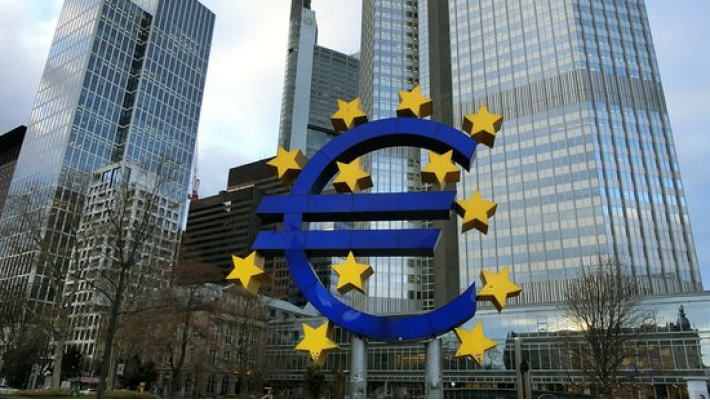EU Ministers to Debate Use of Frozen Russian Assets for Ukraine Reconstruction
European Union finance ministers will, for the first time, open discussions this Saturday on a landmark proposal to channel nearly €200 billion in frozen Russian assets into Ukraine’s reconstruction, according to reporting from Politico.
The European Commission is drafting a plan that would shift these immobilized Russian holdings into investments designed not only to preserve value but also to generate additional returns. The aim, officials say, is twofold: to provide Ukraine with a stronger and more sustainable stream of financial support while simultaneously tightening the economic squeeze on Moscow, which continues to wage its war despite mounting sanctions.
Under the proposal, the assets would be managed through a newly created “special purpose holding company,” backed by several EU member states and potentially other international partners. This structure would allow Brussels to reallocate the frozen funds into higher-yielding instruments, with the profits directed toward Ukraine’s long-term rebuilding efforts.
While the plan remains at an early stage, it marks a significant step in the EU’s evolving strategy to mobilize Russian state assets, which have remained largely untouched since sanctions were imposed following the invasion of Ukraine in 2022. Previous debates have focused on legal hurdles and the risk of retaliation, but momentum is now building around the idea of putting the capital to work rather than leaving it idle.
If endorsed, the scheme could represent one of the largest financial measures yet in support of Ukraine, complementing existing aid packages and loans from the EU and its allies. However, officials caution that political, legal, and financial complexities remain, including how to safeguard investor confidence and manage potential disputes over asset ownership.
Saturday’s ministerial meeting will provide the first formal opportunity for EU finance chiefs to weigh the proposal, which could reshape the bloc’s financial response to Russia’s war.


